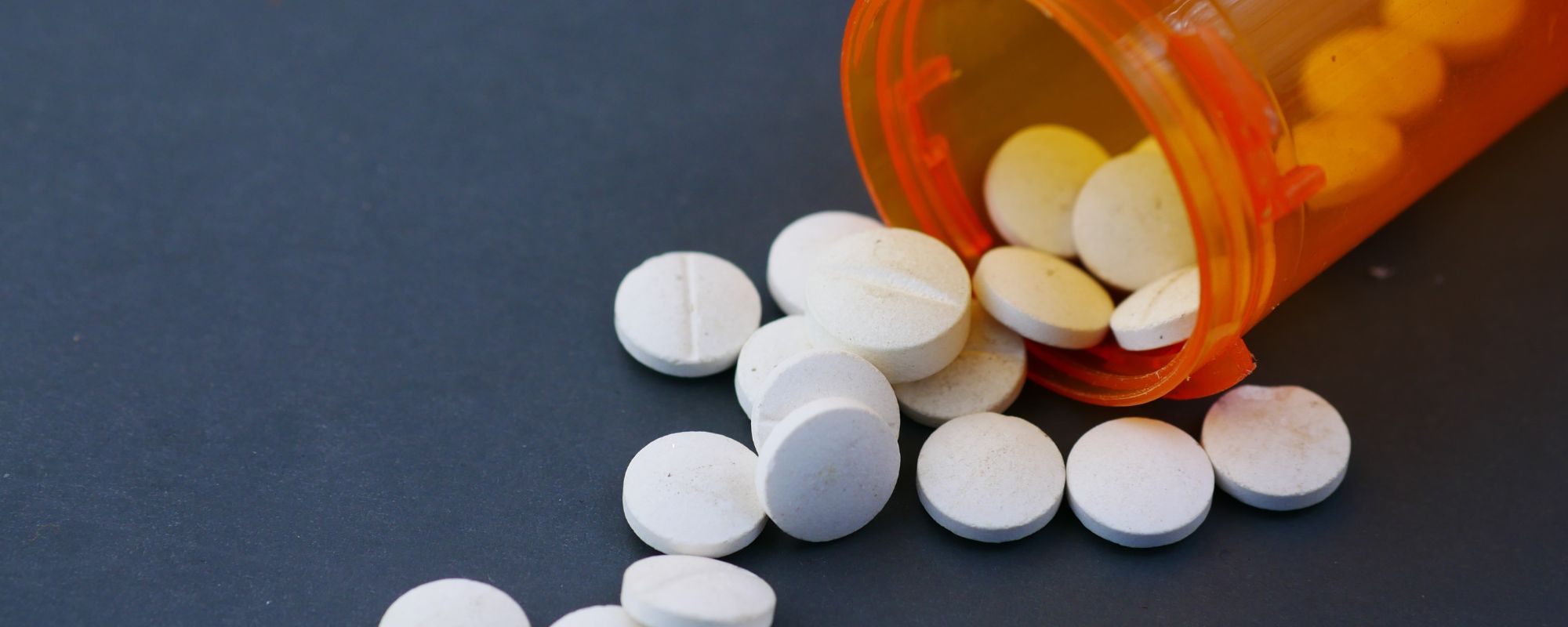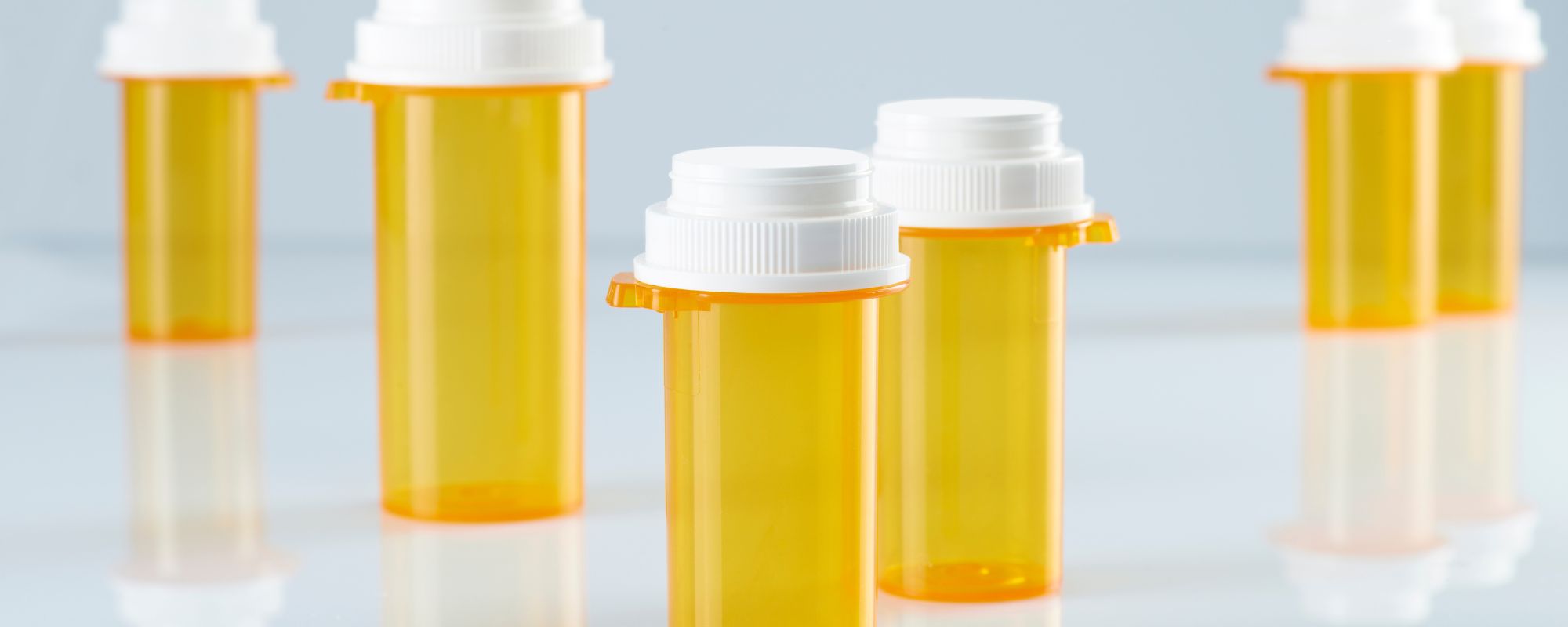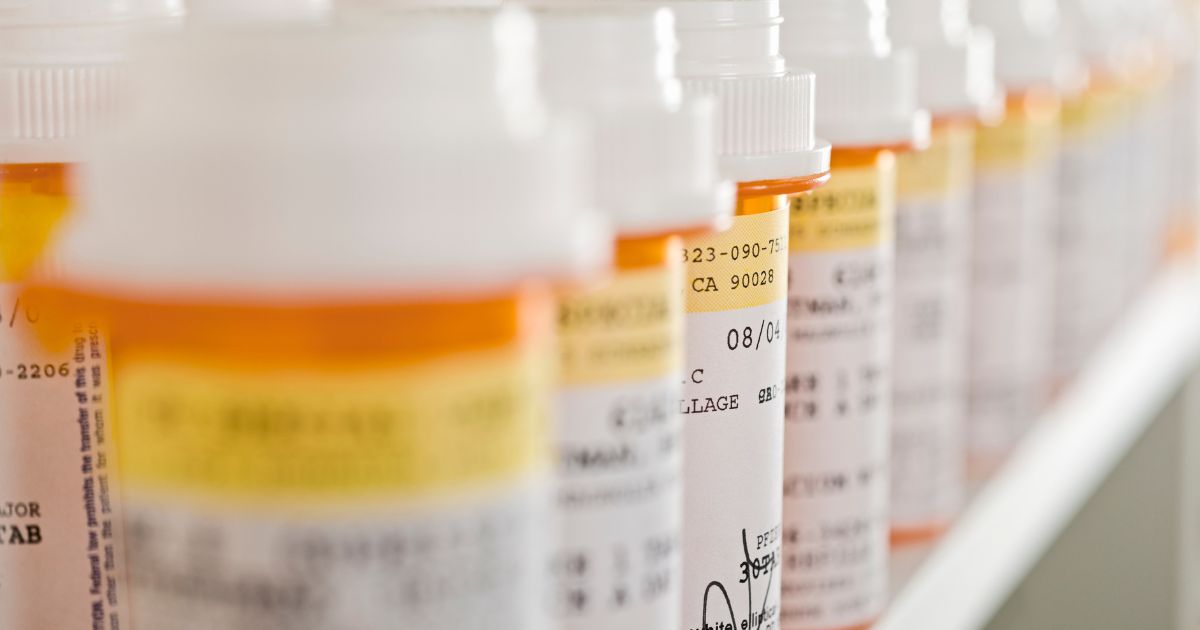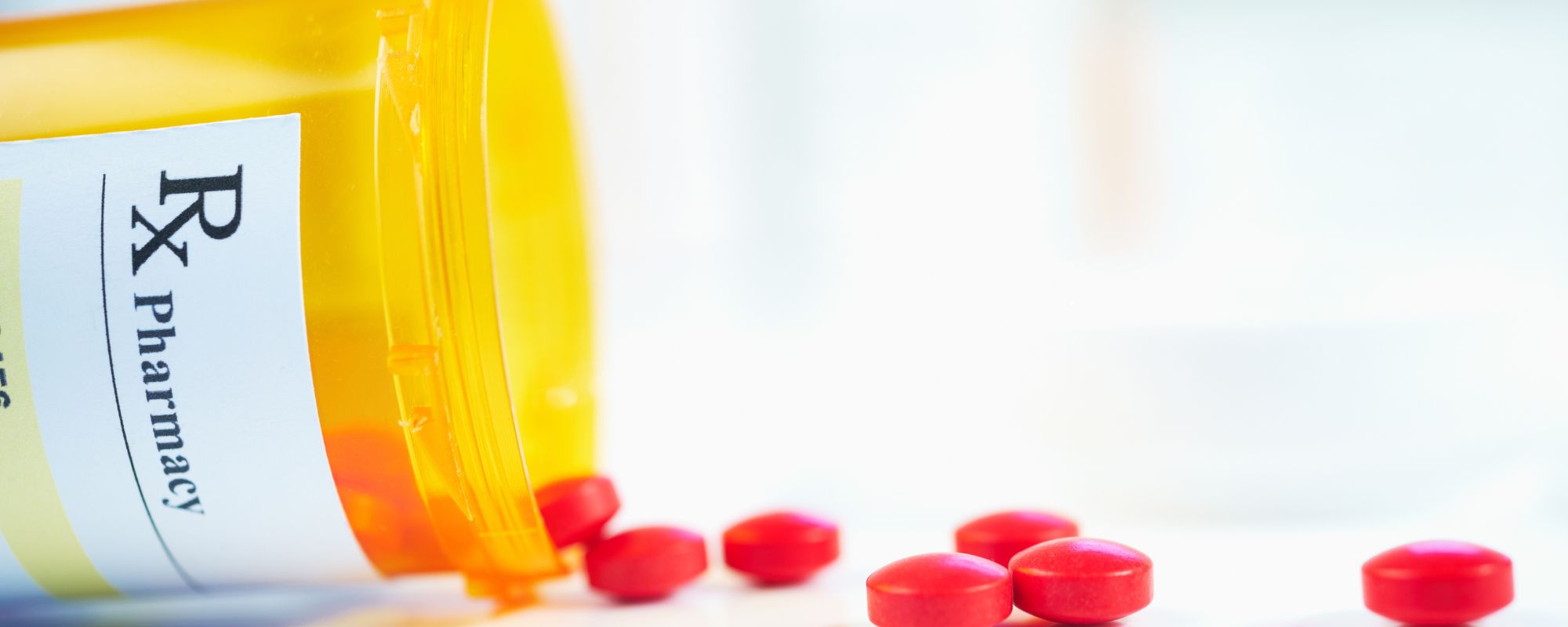Substance use disorders often wedge themselves into relationships— including the one you have with yourself. When substance use is a priority, basic health and well-being practices are often neglected. Good mental and physical health are essential to a happy, healthy life and are of particular importance to those in early recovery from a substance use disorder, as they are foundational to long-term recovery. Self-care practices will directly effect your sense of self-worth and vice versa.
It can be particularly difficult to know where to begin when it comes to self-care and self-worth when first overcoming a substance use disorder, but it is most definitely possible. There are several things you can do to get started.
Write it down.
According to the University of Rochester Medical Center, writing down thoughts and feelings that are troubling you can help ease stress and anxiety and prove helpful in coping with depression. Try journaling to manage your emotions and discover your self-worth. Write down what’s bothering you, as well as something you accomplished or something you like about yourself. Don’t pass judgment for what you’re putting on the page; rather, acknowledge the personal progress you’re making by recording it at all.
Take time for yourself.
In early recovery, alone time can sometimes be difficult to come by. If you’re going to meetings regularly or living in a halfway house with other people, you’re likely surrounded by others much of the time. However, it’s important to make time to spend with yourself and only yourself. This idea might intimidate you— there are lots of emotions at play in early recovery— but being comfortable with yourself is crucial, so take a break from the crowded living room or take a walk by yourself. Spending time by yourself to practice self-care is crucial.
Spend time with others.
Yes, it’s important to take time for yourself, but it’s also important to not isolate yourself. Ideally, you’ll be able to find a healthy balance of alone time and time spent with others who are positive influences and have your best interests in mind. Make sure that you have boundaries in place that will help keep you safe from poor influences.
It’s important that you are comfortable talking to at least one person about the feelings and emotions that you are experiencing. Writing these things down can be therapeutic and is a good habit to get into, but as with many things in early recovery, it is not enough on its own. Contact with someone else is crucial.
Put down your phone.
Scrolling through your phone or watching a new TV show are easy ways to pass time, but ultimately, they are just distractions. Social media can actually bring stress into your life, as there is the potential for triggers to surface, and this sort of continued overstimulation is not good for your mental health. Swap mindless scrolling or watching for reading or some other, non-technological activity.
Incorporate healthy sleep and eating habits into your routine.
Regular, wholesome meals and a steady sleep schedule are critical to your overall physical and mental well-being. Eat when you’re hungry, but mind what it is you’re eating. Try to avoid foods high in sugar, as sugar can trigger the release of neurotransmitters in the brain, the same physiological chain of events that takes place when substances like drugs or alcohol are taken in by the body.
Feeling healthy and good about your body is particularly conducive to building a strong sense of self-worth in your life.
Get some exercise or just get outside.
Go for a walk or a run, do some yoga, or hang out in the backyard to enjoy the fresh air. Physical activity can release endorphins and clear your mind. Self-care and self-worth are directly related, caring for yourself will improve your sense of self-worth; alternatively, how much you care about your own well-being should reflected in the way you take care of yourself.
If you or a loved one is ready to incorporate self-care into a life of recovery, please reach out to us at any time at (877)-RECOVER for more information about our detox and residential inpatient programs.












